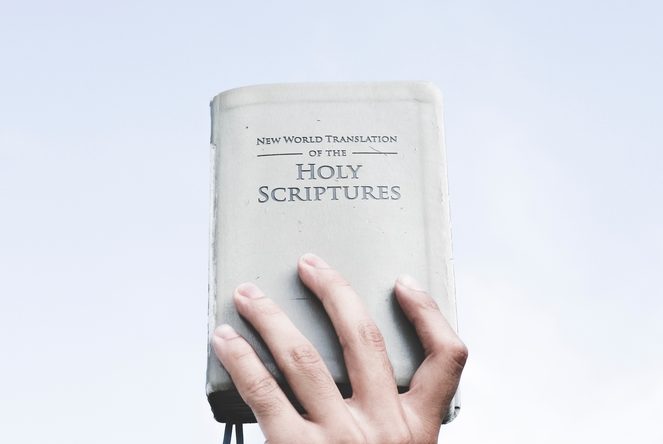As though it were yesterday, I can remember sitting cross-legged on the bright green carpet in my primary school classroom. When our scripture teacher came in each week, a greying, serious volunteer from the local church, several of my classmates would stand and leave the room. “They don’t believe in God”, whispered my classmate, accusingly.
The “non-believers”, as they were dubbed, were carted off to the school library. They apparently sat around tables with piles of scrap paper and tins of coloured pencils and scribbled their way through our scripture half hour each week.
Religious teachings in Australian public schools is becoming increasingly controversial as the number of citizens who identify as “non-religion” increased to almost 30% in the last census. Additionally, an increase in migrants is leading to a growth in the practice of minority religions. This means that Christianity (as a percentage of the Australian population) is on an overall decline. However, it remains the dominant Australian religion with a little more than half Australians (57.7%) identifying as Christian in the most recent census.
This article will not demand the removal of religion from the public education system altogether, but rather argue the case for a dynamic shift in its delivery.

I acknowledge my own bias in this debate. I am very unsupportive of organised religion in its attempt to centralise itself in arenas it has no business in. I strongly believe in freedom of religion and that each person should be able to practice religion and worship in whatever form they choose so long as it does not intrude on the livelihood of any other – but it usually does.
With only a little over half of Australians identifying as Christian, it perturbs me that it’s the default to teach Christianity in public schools. Parents can opt their children out of this, but should they have to?
Nowadays, many schools offer classes in ethics for those students who opt out of religion. These ethics classes should replace religion. They could be taught by a trained and qualified teacher, rather than a volunteer. Students would learn lessons that would perhaps intertwine with Christianity and other teachings, but outside of a religious context in a way that all students could benefit. The specifics of religion would then be left for families to explore internally and through their churches. Parents have every right to raise their children under a religious guidebook, but this does not make religious schooling the responsibility of the state.
This is increasingly so as social values adapt at a pace that has long left religion behind. Scripture does teach values such as acceptance, but only to an extent. This extent does not go so far as to include recognition and support of LGBTQ+ children, and those identifying as non-binary genders. Same-sex marriage has barely been legally recognised for one year in Australia, and we are barely securing support for children struggling with their gender identities. Preaching a text which is widely known to discriminate, and which businesses and individual Christians use as a tool to justify cold discrimination, in a classroom full of impressionable young minds is unnecessary.
As an example of the systemic discrimination perpetuated by religion in schools, principals of 34 Anglican schools have signed a letter to the federal government requesting that existing exemptions from anti-discrimination laws (which allow religious schools to dismiss staff based on sexual orientation, relationship status or gender identity) remain in place, despite calls to end the exemption. The letter cites the exemptions listen in the Sex Discrimination Act of 1984 as the “only significant legal protections available to schools to maintain their ethos and values with regards to core issues of faith.”
If a school depends upon a law that allows it to discriminate unfairly against a minority to maintain its values, it probably shouldn’t be operating.
In a nutshell, religious classes should be based on values and understanding others. Rather than capping content to the Christian bible, a variety of different religions and their values should be exposed, perhaps including atheism and the theory of evolution, in a way that encourages reflection and appreciates different ways of thinking. This content should be delivered by a qualified teacher through an ethics lens which focuses on extracting the lessons and values from a range of religions and allowing all students to engage with them in a way that does not require them to be religious. And religious schools should absolutely not be exempt from any legal structure put in place to protect our LGBTQ+ brothers and sisters.
Then again, that’s simply my opinion.

